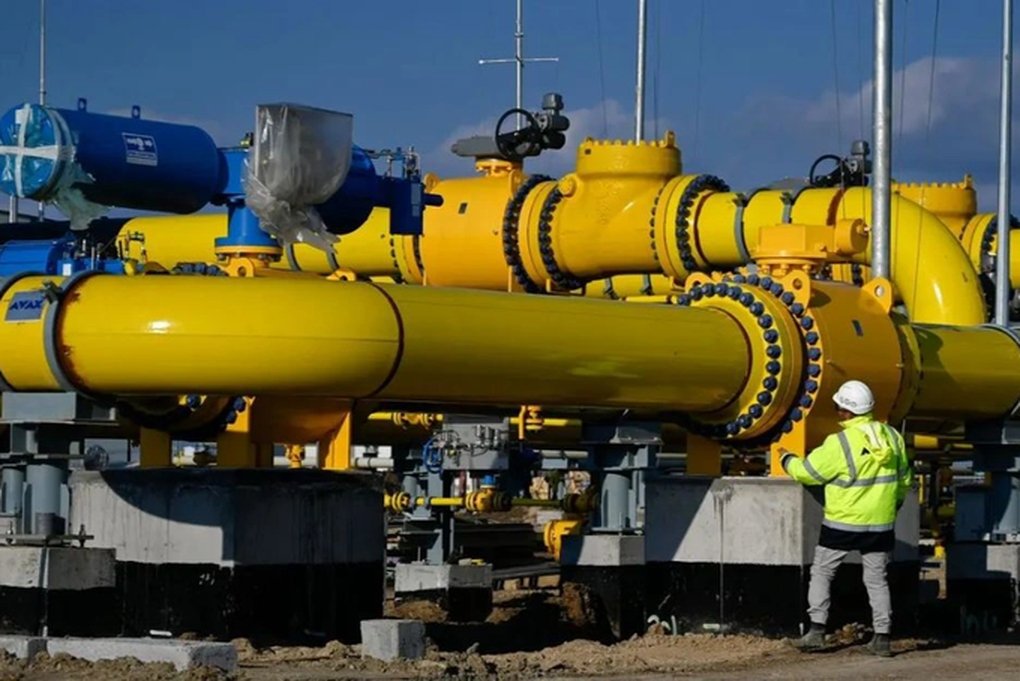
The US has a headache trying to impose a ceiling on Russian oil prices
(Dan Tri) – US media said that the country is facing a difficult position in imposing a ceiling on Russian oil prices.
Russia warns that it will not sell oil to parties that impose price ceilings on their energy (Illustration: Reuters).
Bloomberg, citing well-informed sources, said that US President Joe Biden’s administration is said to be having to re-plan its plan to impose a price ceiling on Russian output after realizing that the plan they previously proposed did not receive enough commitment from all parties.
The group of seven of the world’s leading major industries last month agreed to cap Russian crude oil prices from December 5, amid experts’ concerns that this move could paralyze global trade.
The G7’s goal is to only buy Russian oil at a fixed price, with the hope of causing Russia to lose revenue from crude oil to lack funds for the war in Ukraine, but still ensure Moscow has low profits.
Subsequently, Russia announced that it would stop providing energy to parties that apply non-market measures with their goods.
Bloomberg said that, faced with the current challenge, the US and EU seem to be considering relaxing proposed policies on price ceilings on Russian oil to ensure the plan does not fail.
According to the original plan, the US and G7 wanted to significantly reduce Russia’s crude oil revenues by imposing a strict price that a `group of buyers` from countries would adhere to.
However, so far only the G7 and Australia have agreed to implement this plan, making it impossible.
The World Bank said that the G7’s proposed plan will only be effective if the US can convince developing countries and emerging markets to participate.
Therefore, the US and G7 are now having to consider other options to deal with Russian oil, according to Bloomberg.
Russia announced that its crude oil price will depend on the world supply-demand balance and that price enforcement measures go against market economic rules.
On the other hand, even if the G7 imposes a price ceiling on Russian oil as originally planned, according to Reuters, about 80-90% of Russian oil is expected to still circulate normally, outside the G7’s price limit.
The West’s biggest challenge is convincing Russia’s two major customers, India and China.


